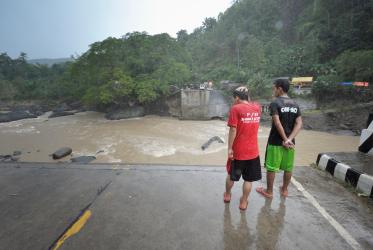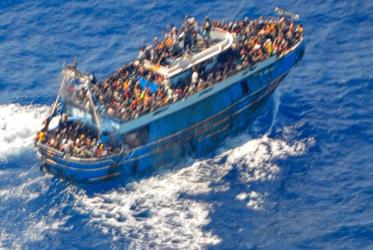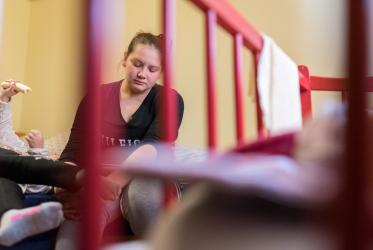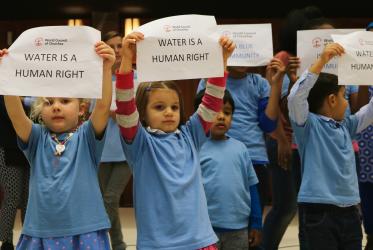Displaying 1 - 20 of 25
Ukraine: Responding to humanitarian need
08 September 2022
Churches should use their voice on climate change
26 February 2020
“Economy of life” lifted up at special school in Indonesia
22 August 2019
Fr Alexi - a peacemaker in Syria
21 December 2018
WCC calls for prayer for flood-stricken Kerala, India
18 August 2018
Tveit on the “Ten Commandments” of food
26 January 2016
Land rights focus of panel discussion
17 November 2015
“European solidarity must be strengthened”
29 October 2015












